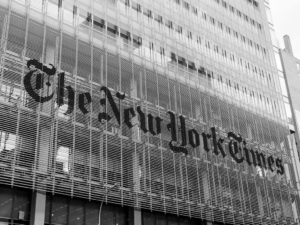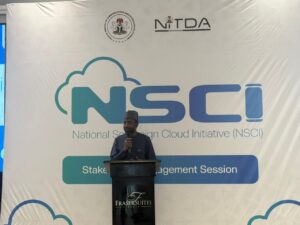The New York Times has launched a counteroffensive against the emerging threat posed by artificial intelligence to the traditional news industry with a lawsuit targeted against artificial intelligence pioneers, OpenAI, the developers of the ChatGPT AI chatbot and Microsoft, the owner of CoPilot. Filed in New York, the lawsuit by the NYT cited extensive copyright infringement and the unauthorized use of the newspaper’s intellectual property and brought to the fore, the fractious discussions unauthorized content for the training of artificial intelligence (AI) models.
The NYT is seeking “billions of dollars in statutory and actual damages” for the alleged infringement, underscoring the development of AI systems that capitalize on, and often preserve, substantial portions of copyrighted expression from NYT’s articles.
Microsoft, a pivotal figure in the lawsuit, not only invests in OpenAI but also provides the company with access to its Azure cloud computing technology. This close association introduces intricacies into the legal dispute, prompting inquiries into shared responsibilities and obligations.
The lawsuit is a potential watershed moment in delineating the legal parameters surrounding generative AI technologies, led by one of the world’s biggest media companies and two of the world’s biggest AI pioneers. With AI firms, including OpenAI, attracting substantial funding, concerns regarding the uncompensated utilization of intellectual property have heightened within creative industries. This case may establish a precedent for how media organizations navigate agreements and safeguard their content in an era where AI models can replicate and reinterpret written works.
The media landscape has already weathered significant challenges with the migration of readers to online platforms, a trend that has reshaped the industry. Despite successful digital adaptations by many publications, the rapid development of artificial intelligence now presents a new and formidable threat with AI systems such as ChatGPT, becoming contenders within the news industry.
The lawsuit underscores the critical role web traffic plays in the paper’s advertising revenue and online subscriptions. AI-generated outputs from chatbots divert users away from the original source, posing a financial challenge to The New York Times and other copyright holders. Ian B. Crosby, partner and lead counsel at Susman Godfrey, representing The Times, emphasized, “These bots compete with the content they are trained on.”
The lawsuit follows unsuccessful negotiations between The Times, Microsoft, and OpenAI. NYT had allegedly engaged with the tech companies in April to address concerns regarding intellectual property usage, but this discussions hit a brick wall.

OpenAI responded to the lawsuit with a statement expressing its commitment to working with content creators and respecting their rights. The company expressed surprise and disappointment at the legal action, citing productive conversations with The New York Times. As the legal battle unfolds, questions loom over the broader impact of AI technology on the publishing industry. While AI models are still in development and prone to inaccuracies, the lawsuit asserts that their potential threat to traditional journalism is substantial. This legal showdown is indicative of the evolving relationship between media outlets and artificial intelligence, with implications for the industry’s future direction.





